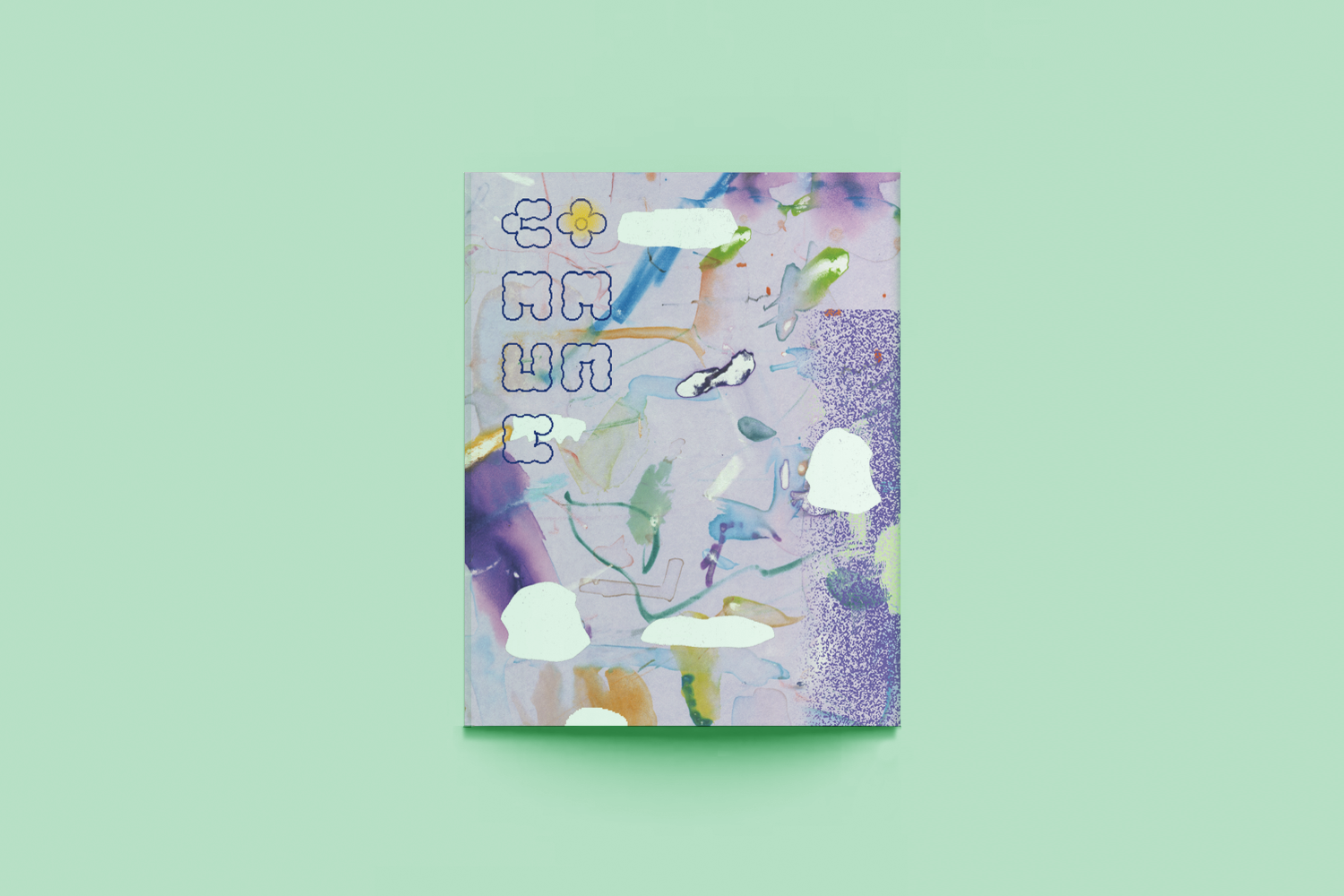COMMUNE DIVERGE SHIFT CONNECT: PRESS PRESS’S ORGANIZATIONAL HANDBOOK
Co-published by Institute for Expanded Research and Press Press
Designed by Sonnenzimmer
Available via Philadelphia Printworks
Commune Diverge Shift Connect: Press Press’s Organizational Handbook develops, collects, and shares emergent models and methodologies for collective work that aid in the efforts of cultural organizers. Co-published by Institute for Expanded Research and Press Press, the publication traces the relationships, projects, and historic events that have shaped Press Press since its founding in 2014.
This incomplete and intimate archive of Press Press’s body of work includes case studies of past projects, conversations between core collective members, and interviews with Yellow Jackets Collective, Devin N. Morris, Cameron Shaw, among others. The publication also includes Toolkit for Cooperative, Collective, & Collaborative Cultural Work, a guide for collective processes that centers the insights and learnings of Press Press’s community members. Designed by Sonnenzimmer, the publication is composed of four perfect-bound books gathered in a varied edition of handmade letterpress printed slipcases.
Press Press is an interdisciplinary publishing initiative established in 2014. Press Press's publishing practice is organized around two key goals; first, to shift and deepen the understanding of voices, identities, and narratives that have been suppressed or misrepresented by the mainstream, so far focusing on immigration and race in the United States; and second, to build networks of relationships through publishing practices centered on self-representation and gathering. Through an understanding of publishing as the act of gathering a public, Press Press’s streams of work include public cultural programming, an open-access publishing studio that’s based on an Exchange Economy, youth publishing workshops in an immigrant & refugee only space, and the ongoing production of print and digital publications. Press Press operates out of a storefront studio and library in Baltimore, MD and a production space in Los Angeles, CA.
The GPL Research Residency provides onsite workspace, project support, and access to the staff, collection, and resources of the George Peabody Library to support the research, development, and presentation of new work by artists, writers, poets, musicians, filmmakers, and other creative practitioners with a specific interest in engaging the collection, history, and space of the George Peabody Library. The GPL Research Residency was initiated in 2015 by Lu Zhang, artist and founder of IER, in collaboration with Paul Espinosa, the library’s books curator. After attending a lecture at the George Peabody Library, Lu approached Paul and asked for access to the collection in hopes of producing a new site-specific project. Supported by a Rubys Grant from The Robert W. Deutsch Foundation via the Greater Baltimore Cultural Alliance, the resulting project, topo(log) typo(log), is a series of six books documenting Lu’s yearlong studio residency at the George Peabody Library. The six volumes were acquired and cataloged by the George Peabody Library, becoming a part of the permanent collection.
The George Peabody Library was founded in 1857. In that year, George Peabody, a Massachusetts-born philanthropist, dedicated the Peabody Institute to the citizens of Baltimore in appreciation of their “kindness and hospitality,” at the beginnings of his business and banking career. The Library was designed by Baltimore architect Edmund G. Lind, and opened its doors in 1878. Renowned for its striking architectural interior, the Peabody Stack Room contains five tiers of ornamental cast-iron balconies. Today part of the Special Collections division of The Johns Hopkins Sheridan Libraries, it contains over 300,000 volumes primarily from the 18th and 19th centuries, but also includes a great many Renaissance and subsequent imprints. Highlights include: Books of Hours, first editions of Copernicus and Galileo, 16th Century Herbals, Diderot’s Encyclopédie , early editions of Don Quixote, children’s books, and many other beautifully printed books. Maintaining the provisions of Mr. Peabody’s original gift, the George Peabody Library is a non-circulating collection open to the general public.


